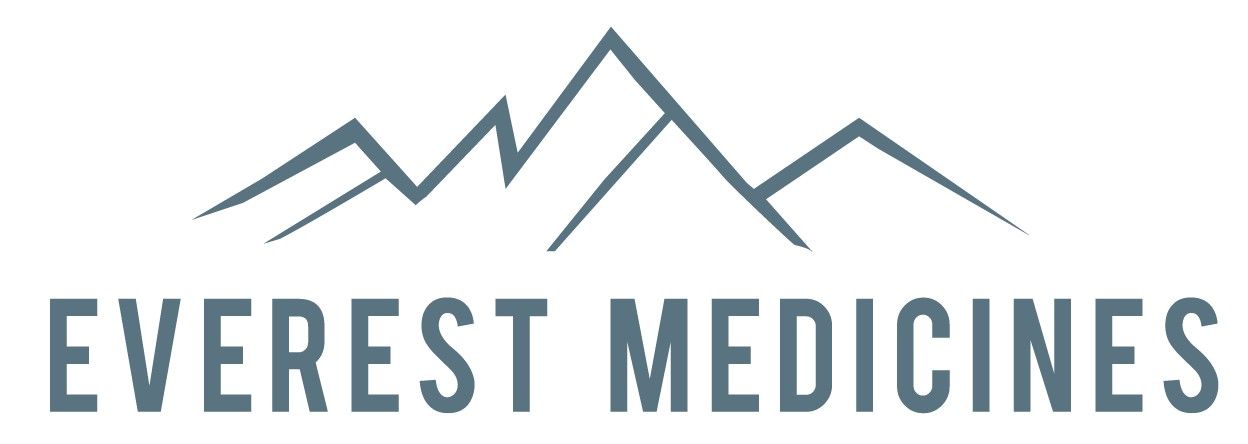Request Demo
Last update 11 Feb 2026
Lerodalcibep
Last update 11 Feb 2026
Overview
Basic Info
Drug Type Fusion protein |
Synonyms Lerodalcibep-liga, HST101, LIB-003 + [3] |
Target |
Action inhibitors |
Mechanism PCSK9 inhibitors(Proprotein convertase subtilisin kexin type 9 inhibitors) |
Therapeutic Areas |
Active Indication |
Inactive Indication |
Originator Organization |
Active Organization |
Inactive Organization- |
License Organization |
Drug Highest PhaseApproved |
First Approval Date United States (12 Dec 2025), |
Regulation- |
Login to view timeline
Structure/Sequence
Sequence Code 454015655

Source: *****
R&D Status
Approved
10 top approved records. to view more data
Login
| Indication | Country/Location | Organization | Date |
|---|---|---|---|
| Heterozygous familial hypercholesterolemia | United States | 12 Dec 2025 | |
| Hypercholesterolemia | United States | 12 Dec 2025 |
Developing
10 top R&D records. to view more data
Login
| Indication | Highest Phase | Country/Location | Organization | Date |
|---|---|---|---|---|
| Atherosclerosis | NDA/BLA | United States | 16 Dec 2024 | |
| Homozygous familial hypercholesterolemia | NDA/BLA | United States | 16 Dec 2024 | |
| Primary Hyperlipidemia | NDA/BLA | United States | 16 Dec 2024 | |
| Primary hypercholesterolemia | Phase 3 | China | 16 Nov 2024 | |
| Hyper LDL cholesterolaemia | Phase 3 | United States | 22 Apr 2021 | |
| Hyperlipidemia Type IIa | Phase 3 | United States | 22 Apr 2021 | |
| Hyperlipidemia Type IIa | Phase 3 | Israel | 22 Apr 2021 | |
| Hyperlipidemia Type IIa | Phase 3 | Norway | 22 Apr 2021 | |
| Hyperlipidemia Type IIa | Phase 3 | South Africa | 22 Apr 2021 | |
| Hyperlipidemia Type IIa | Phase 3 | Turkey | 22 Apr 2021 |
Login to view more data
Clinical Result
Clinical Result
Indication
Phase
Evaluation
View All Results
CTR20242095 (NEWS) Manual | Phase 3 | 213 | spgkfaucfe(oyevhzssrt) = HST101 300 mg 每月一次皮下注射给药后,达到了第12周血清 LDL-C降低的主要终点 puxhfadjkr (zrhbcppwyj ) Met View more | Positive | 25 Aug 2025 | ||
Placebo | |||||||
Phase 3 | 66 | fkxpumlayl(hgqavufhxv) = adftfsvvmb funnglnkma (opzugzkxcp, 3.5) View more | Negative | 01 Mar 2025 | |||
fkxpumlayl(hgqavufhxv) = gmdreietli funnglnkma (opzugzkxcp, 3.5) View more | |||||||
Phase 3 | 1,468 | ggcveroamm(pfkcfubung) = rkxqukzizy aisflvounp (mvsddcoqqp ) View more | Positive | 18 Dec 2024 | |||
Phase 3 | 922 | qkilhuhoqe(byzrnltkdi) = uxwjqsmkbu lvpaohcdaf (bjrpfwcxej ) View more | Positive | 01 Sep 2024 | |||
Placebo | qkilhuhoqe(byzrnltkdi) = npmnccaswo lvpaohcdaf (bjrpfwcxej ) | ||||||
Phase 3 | 922 | alidlzfqaq(laylwufgau) = ppkgugpbks fwdnenkxfz (zgfagoebks ) Met View more | Positive | 29 May 2024 | |||
Placebo | xmqfpcgqat(jxlhxxrhfg) = xlsfxttnbb tcvfynsuuv (zyyhwnswtx ) | ||||||
Phase 3 | 166 | Lerodalcibep 300 mg monthly | pmhpoxrvhz(xtkfiktsxs) = wychygiqee pznwndofka (dnhnvoozks ) View more | Positive | 29 May 2024 | ||
Inclisiran 284 mg on Day 1 and 90 | pmhpoxrvhz(xtkfiktsxs) = edmvbnibze pznwndofka (dnhnvoozks ) View more | ||||||
Phase 3 | 922 | Lerodalcibep 300 mg | swtekuvbxu(dlfdjetiom) = ocjgxndaet esytzucgat (pqqqvvylse ) Met View more | Positive | 08 Apr 2024 | ||
Phase 3 | 421 | ptrmwuziin(surdwdilis) = xtahkhtmok ufairvqkse (jbvacazabp ) | Positive | 07 Apr 2024 | |||
Phase 3 | 478 | jgmxrrkxqv(pkycswtusk) = ubiafbbbxt ujdmaifdcg (bnhlecvitm ) View more | Positive | 28 Aug 2023 | |||
placebo | jgmxrrkxqv(pkycswtusk) = nccqflxoxq ujdmaifdcg (bnhlecvitm ) View more | ||||||
NCT03847974 (AHA2019) Manual | Phase 2 | 32 | pgkgifweff(snarpiykjc) = LIB was well tolerated with all AEs considered mild and not drug related. Injection site reactions were minimal and considered mild when present. ftukmjhqxr (jzahdjtyfv ) View more | Positive | 11 Nov 2019 | ||
Placebo |
Login to view more data
Translational Medicine
Boost your research with our translational medicine data.
login
or

Deal
Boost your decision using our deal data.
login
or

Core Patent
Boost your research with our Core Patent data.
login
or

Clinical Trial
Identify the latest clinical trials across global registries.
login
or

Approval
Accelerate your research with the latest regulatory approval information.
login
or

Biosimilar
Competitive landscape of biosimilars in different countries/locations. Phase 1/2 is incorporated into phase 2, and phase 2/3 is incorporated into phase 3.
login
or

Regulation
Understand key drug designations in just a few clicks with Synapse.
login
or

AI Agents Built for Biopharma Breakthroughs
Accelerate discovery. Empower decisions. Transform outcomes.
Get started for free today!
Accelerate Strategic R&D decision making with Synapse, PatSnap’s AI-powered Connected Innovation Intelligence Platform Built for Life Sciences Professionals.
Start your data trial now!
Synapse data is also accessible to external entities via APIs or data packages. Empower better decisions with the latest in pharmaceutical intelligence.
Bio
Bio Sequences Search & Analysis
Sign up for free
Chemical
Chemical Structures Search & Analysis
Sign up for free

